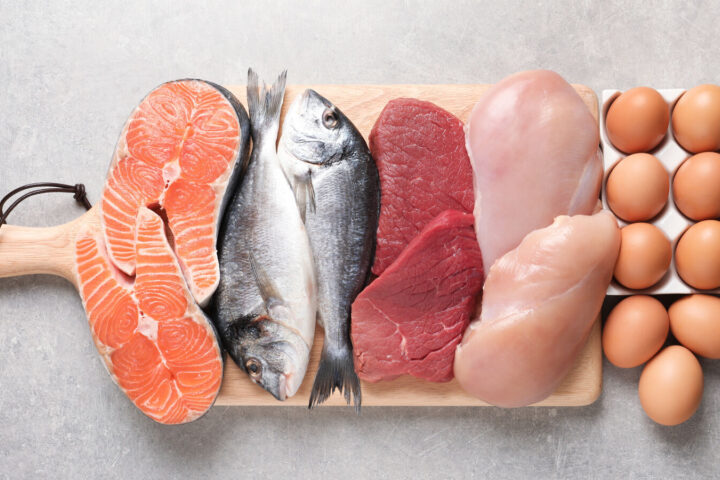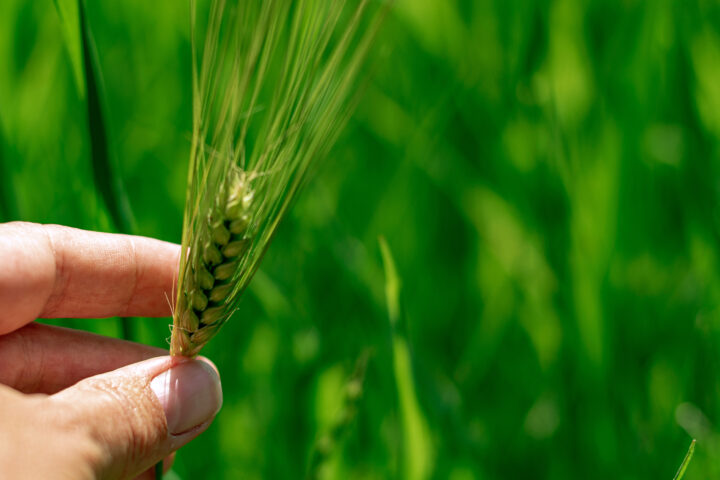
Viticulture: Fungus-resistant grape (FRG) varieties need plant protection too
The wet summer of 2021 caused extensive damage to Switzerland’s vineyards. Fungal diseases such as downy mildew, in particular, took their toll on the grapevines. A survey conducted by the cantonal offices for viticulture in German-speaking Switzerland shows that FRG varieties are also affected by downy mildew and require plant protection products to protect the crop.
Friday, June 24, 2022
As reported by the Swiss Journal of Pomology and Viticulture (Obst- und Weinbau), FRG varieties were also affected by fungal infestations last summer. This was shown in a survey taken by around 130 wine producers. According to the results, about 73 percent of the FRG plots surveyed were affected by downy mildew. Of the standard varieties, 96 percent of the plots were affected by the fungal disease. In addition, FRG varieties were affected by the disease at a later stage, according to the survey, whereas symptoms of downy mildew were detected in standard cultivars even before the flowering stage. The disease did not appear in FRG varieties until the period between flowering and berry ripening.
More treatments in difficult years
Significant differences can also be seen in the diseased grapes. While only 9 percent of the standard-variety plots were free of diseased grapes, this figure was 50 percent among the FRG varieties. Although FRG varieties prove more resistant to downy mildew than standard varieties, they still need to be treated with plant protection products. In normal years, they require two to three treatments with copper and sulfur, according to Obst- und Weinbau. Last year, up to five treatments were required, depending on the variety.
Sources
Related articles

Revolution on the farm
The CRISPR/Cas method will revolutionise parts of plant breeding. The technology is urgently needed to address the challenges facing agriculture in this century and threatening our security of supply.
Content in German

Why Strict GMO Regulation Stifles Innovation
New breeding techniques such as CRISPR-Cas are considered key to developing resilient crops, stable yields and reducing the need for plant protection products. ETH professor Bruno Studer warns that overregulating these technologies strengthens precisely those large agricultural corporations that critics seek to curb, while excluding smaller breeders and start-ups from the market.

A Superfood with Benefits and Challenges
Sweet lupin is Biovision’s “Superfood of the Year 2026.” It delivers high protein content, improves soils and supports biodiversity. Yet a closer look at agricultural practice shows that without breeding, crop protection and innovation, even this superfood remains a challenging crop.

Sales bans due to PFAS: Should we be worried?
After spectacular sales bans on fish and meat due to PFAS contamination, consumers are asking themselves: How dangerous are these substances really – and what can still be placed in the shopping basket without concern?

How German Experts View New Breeding Techniques
In hardly any other country is the idyllic image of organic farming cultivated in the public sphere as carefully as in Germany. Naturalness and rural authenticity are powerful mental refuges for many Germans. Against this backdrop, it is hardly surprising that resistance to new breeding techniques is strong – and that ignorance about the realities of organic farming sometimes appears almost deliberate.

